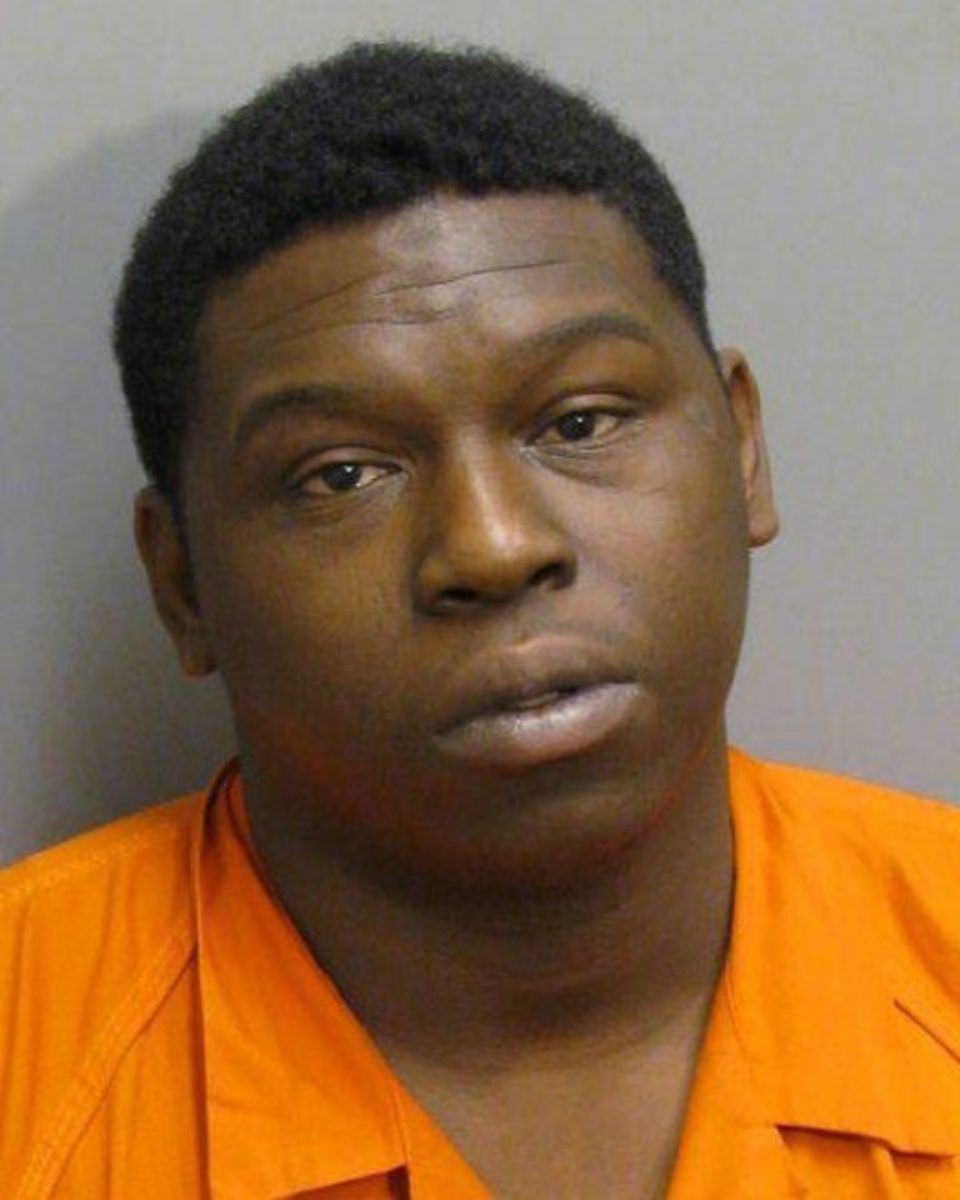While much of the coverage on the 2022 midterm elections focused on the electorate’s dissatisfaction with the GOP’s campaign priorities, voters also backed many positive ballot initiatives and rejected bad ones. According to the Initiative & Referendum Institute (IRI):
The 132 propositions in November is up slightly from 2020, when only 122 propositions were on the ballot, the record-low for November in an even numbered year in the 21 century. By way of comparison, before COVID the country averaged 171 propositions in even-numbered Novembers, so this year’s total is about 25% below normal.
IRI suggests that covid policies like social distancing made it more difficult to gather signatures to place initiatives on the ballot. Another possible explanation is that the politicians simply don’t trust the voters making choices that cannot be reduced to partisanship. For instance, in 2019 and 2020 respectively, liberal Washington and California voted against affirmative action. Instead of discussing the failure of abortion amendments in solidly red states or some of the more unfortunate initiatives which passed, the Justice Report will highlight several wins coming from around the country.
Alabama toughens anti-crime legislation
Given the out-of-control crime epidemic sweeping American cities, Alabama changed its bail laws. Previously, judges could not deny bail even for murder cases. With over 80% of Alabamans behind the constitutional amendment, the state legislature was given the authority to limit bail. The legislature unanimously passed Aniah’s Law which will provide prosecuting attorneys discretion to seek no bail for offenses such as:
- Murder
- First-degree kidnapping
- First-degree rape
- First-degree sodomy
- Sexual torture
- First-degree domestic violence
- First-degree human trafficking
- First-degree burglary
- First-degree arson
- First-degree robbery
- Terrorism
- Aggravated child abuse.

Aniah Blanchard—the law’s namesake—was allegedly kidnapped and murdered by repeat felon Ibraheem Yazeed in October 2019. Yazeed, who is Black, was out on a $295,000 bond for attempted murder, robbery, and drug charges when he committed the crime. Mother Angela Hailey-Harris took action, successfully lobbying for bail reform.
This bill is going to save a lot of lives. It’s very emotional, but it’s very exciting as well, that our daughter’s name and her life is going to mean something. Our daughter is gone because of this. But also, this is an amazing thing that’s happening for our state. And it’s needed. The law is so needed.
Angela Harris quoted in AL.com

Opponents of the law include Jermone Dees of the widely discredited leftist Southern Poverty Law Center who claimed that the changes place an undue burden on sole-custodians of children. He also claims the law is unconstitutional. The importance of bail reform is underscored by a BLM initiative allegedly promoted by The Bail Project to raise $5 million for anti-White terrorist Darrell Brooks.
Arizona caps interest rates on medical debt, limits assets collectible
With high healthcare costs contributing to increased medical debt, Arizonans overwhelmingly voted to cap interest rates on medical debt. With a landslide 72% of the vote, the newly passed Prop 209 will cap rates at either 3 percent or at the one-year Constant Treasury Maturity. According to the St. Louis FED, that’s around 4.5 percent right now. Current Arizona law limits interest rates on medical debt to 10 percent.
Prop 209 also introduced higher floors on the value of assets debt collectors can recover. According to Ballotpedia:
The amount of a homestead exempt from debt collection increased from $250,000 to $400,000. The value of household furnishings…$6,000 to $15,000. The equity of a motor vehicle exempt from the debt collection process increased from $6,000 to $15,000, and if the individual who owes a debt, or their dependent, has a physical disability, this amount increased from $12,000 to $25,000. The initiative was designed to adjust the above values yearly by the increase in the cost of living…The amount of money held in a bank account or other financial institution exempt from debt collection increased from $300 to $5,000. The disposable earnings subject to debt collection changed to 10 percent, or 60 times the minimum wage, whichever is less.
Adjustments for inflation would begin in 2024.
Backing the ballot measure were organizations like the SEIU United Healthcare Workers, Southwest Carpenters, and the Arizona Democratic Party. Opposition came from the Arizona Bankers Association, Phoenix Area Chamber of Commerce, Arizona Republican Party, and the Goldwater Institute (GI). The Institute was founded with the blessing of libertarian-leaning, GOP former Senator and Presidential candidate—and Jew—Barry Goldwater.
When Protect Our Arizona filed a lawsuit to prevent the measure from being placed on the ballot, the GI filed an amicus brief. GI spokesman Joe Setyon claimed, “The proposal would make it hard, and maybe impossible, for lenders or other people who are owed money to be repaid—regardless of whether those debts have any relationship to medical care.” The court rejected arguments along those lines and the ballot measure was allowed to go forward.

During remarks he delivered to the September National Justice Party Conference, Tony Hovater called on the Biden Administration to cancel the medical debt. Asked for comment about the Arizona ballot measure passing he said:
It’s not surprising that something like this would pass that overwhelmingly. Because this is stuff that everybody wants…It’s not a left or right thing. People don’t want to be [screwed] over if they get sick… People I’d think universally, when something happens outside of somebody’s control that shouldn’t be something that ruins their life. I think this is the stuff that if Republicans wanted to win, they would be trying to push a lot harder. Even if they want to do the fake DeSantis populism, this is absolutely the kind of stuff they’ll have to do.
Montana voters resoundingly back electronic privacy
Voters overwhelmingly passed a constitutional referendum that would require law enforcement to obtain a warrant to search or seize “persons, papers, electronic data and communications, homes, and effects from unreasonable searches and seizures.” The Amendment to the Montana State Constitution is similar to both Michigan and Missouri which do not allow the government to access private electronic communications without a court order. Measure C-48 was overwhelmingly enacted with 82.3% yes and 17.7% no. While it’s unlikely that rogue law enforcement departments like the FBI will respect this law, it’s still a strong sign that voters value electronic privacy. Allow the vote to refer to the measure was bipartisan, its opponents in the legislature were invariably Democrats.
Nebraska requires photo ID to vote; raises minimum wage
Nebraskans easily passed Initiative 432 which would mandate voters show photo ID to vote with 65 percent in favor. The initiative supported primarily by Republican officials was opposed by various anti-White activist groups like the ACLU, Black Votes Matter, Human Rights Campaign, and others. A representative from Civic Nebraska said: “The only thing we are certain these measures would do is to make it harder for eligible Nebraskans—especially young, low-income, rural, black and brown, and senior Nebraskans—to freely and fairly cast a ballot.”

Perhaps more interestingly, Nebraska—a strongly conservative state—voted by 58.6-41.4 percent to increase the state’s minimum wage. Currently, at $9 per hour, the initiative will see the minimum gradually rise to $15 by 2026. Despite some opposition from business groups, Republicans stayed rather quiet. However, it’s now up to the State Senate to implement Initiative 433 backed by voters.
Ohio cracks down on repeat criminals; illegal voting
Ohio Issue 1 passed with 78 percent of the vote. The measure changes Amendment 9 of the Ohio Constitution so that: “When determining the amount of bail, the court shall consider public safety, including the seriousness of the offense, and a person’s criminal record, the likelihood a person will return to court, and any other factor the general assembly may prescribe.” Previously, courts had little leeway in determining bail outside of capital cases unless the prosecutors called a “detention hearing” in which to present evidence about a defendant’s risk to the community. With a massive crime spike and crowded dockets, the new language will make the process much more efficient. Critics including The Bail Project and Ohio ACLU call the measure unnecessary. Instead, they demand ending cash bail entirely.
Ohio Issue 2 prohibits non-citizen electors from voting. According to the State, the amendment would:
Require that only a citizen of the United States, who is at least 18 years of age and who has been a
legal resident and registered voter for at least 30 days, can vote at any state or local election held
in this state.Prohibit local governments from allowing a person to vote in local elections if they are not legally qualified to vote in state elections.
Non-citizen electors voting in municipal elections has become more of a problem in recent years. In 2019, the village of Yellow Springs voted to allow non-citizen voting. Yellow Springs, a far-left enclave and home of Antioch College was prevented from following through by the Attorney General. However, in other locations, non-citizens do vote in municipal elections. After passing (aptly titled) Proposition N in 2016, San Francisco now allows non-citizens to vote in school board elections. Recently, the Director who oversaw that very referendum, John Arntz was fired by the city’s Election Authority for being White.
In addition, two Vermont cities Winooski and the capital Montpelier allow non-citizens to vote. They requested a special act from the Vermont government. The legislature overrode liberal Republican Gov. Phil Scott’s veto of the bill to allow the municipalities to do so. Vermont Senate President pro-tempore who backed the veto override was Jewish lesbian Becca Balint who was elected to Congress in 2022.
Currently, there are 11 towns across Maryland that allow non-citizens to vote in municipal elections. Starting in 2023, New York City will allow “up to 800,000 legal permanent residents” to vote in NYC elections. Eric Adams reluctantly allowed the bill to pass even though it only requires residency in the City for 30 days.
Issue 2 was very popular with 77 percent of votes in favor.
South Dakota expands Medicaid; tells hippies to smoke dope elsewhere
In a rebuke to the South Dakota GOP, voters backed Constitutional Amendment D, which would expand Medicaid access for individuals and families making less than 138% of the federal poverty line. Passing 56-44, the amendment backed by Indian tribes, health advocacy organizations, and even some business groups is intended to save rural hospitals that could benefit from the increased funding. Conservative starlet also reelected on 7 November, Gov. Kristi Noem opposed Medicaid expansion which would cost the state an estimated $80 million per year. However, she has promised to implement the results. For perspective, the federal government has spent approximately $100 billion on the war in Ukraine since January and according to estimates by Joseph Jordan, perhaps spent trillions on Israel over decades.
But Republican State Rep. and Majority Whip Tim Godwin doesn’t see it that way, arguing:
We keep taking all this “free” federal money, but what happens when and if the federal government goes bankrupt? It is almost unthinkable what would happen. I say it is time to draw a line in the sand and say, “enough is enough.” …[W]e are covering the able-bodied workforce. Actually, we would be making winners and losers; those who make more than $17,774 and those who make less. It is the same for a family of four who make more than $36,570 and those who make less. This concept penalizes the able-bodied workforce who have worked hard to get a career that pays above this standard and those who have a job with health benefits…Medicaid Expansion is only going to worsen our worker shortage.
That smattering of arguments didn’t sway voters including many conservatives.

Meanwhile, citizen ballot Initiative 27 failed. By a margin of five points, South Dakotans voted to keep marijuana illegal. In 2020, voters legalized marijuana by a comfortable margin. However, that ballot measure was overturned because the subject matter of the 2020 measure included more than one line item which is unconstitutional. This time, South Dakota bucked the previous trend, much to the chagrin of various pot growers and distributors that funded legalization.
Have a story? Please forward any tips or leads to the editors at [email protected]





















